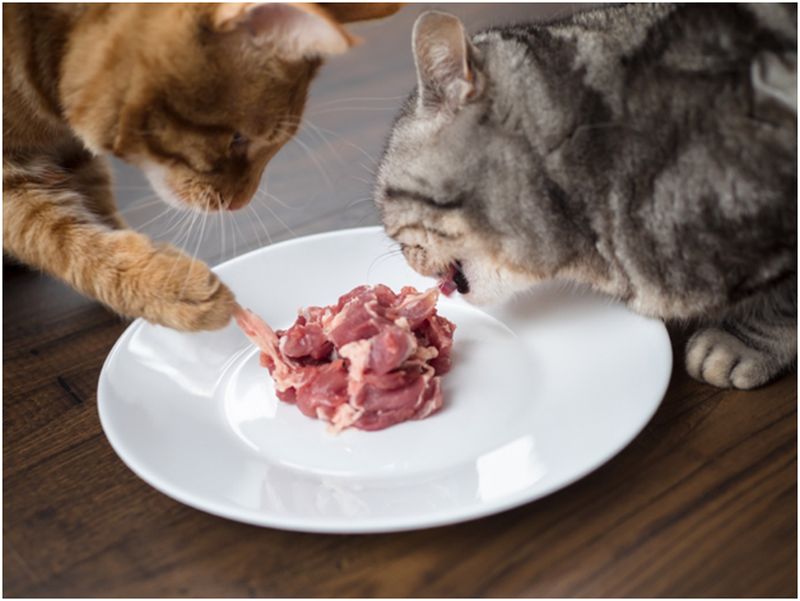As pet owners, you want to cater to your furry friend’s every need, which primarily involves their eating habits. The food choices you make for your pet can affect their health, including their digestion, bowel movements, bone density, and fur coat.
In recent years, the pet food aisles of grocery stores and specialty chains have been displaying brands made with a long list of “high-end” ingredients. Unfortunately, the production and distribution of some of these brands are responsible for almost one-quarter of the environmental impact, according to a recent Scientific Reports study.
Many pet owners are switching to raw food to take advantage of its many benefits, including its positive environmental influence. Consider the following benefits of raw food for the environment and reduce your pet’s ecological pawprint.
1. Lower Greenhouse Gas Emissions
Like human food, the production, transportation, and handling of discarded food generate Carbon Dioxide (CO2) emissions. When the food ends up in landfills, it generates methane – a more potent greenhouse gas.
A key benefit of raw food is that it doesn’t use a long list of fancy ingredients. Many high-end pet food brands use human-grade meat that requires more animals to be raised, generating more greenhouse gases. Keep your dog’s diet simple by offering raw food made without added processing. Feeding your pets simple raw food from a reputable brand can reduce food waste.
2. Less Contamination from Defecation
Defecation is normal for all humans and animals, as it helps the body rid itself of waste products. However, some pet food can cause pets to defecate more frequently, resulting in adverse environmental impacts. When pet owners fail to pick up after their pets or neglect carefully discard waste, waterways can become contaminated with bacteria. Pet waste can also deplete water oxygen levels because it is nitrogen-rich, hurting fish and other wildlife.
Raw food, especially from an established company like Bold By Nature, is typically better for a pet’s digestive system, which means there is lower waste for you to pick up and fewer chances of contamination. This is because a pet’s system doesn’t process every ingredient in a kibble diet. However, a raw diet contains easy-to-consume and pass ingredients, resulting in less poop for you to scoop.
3. Reduced Energy Use
Pet food production requires extensive energy that generates a significant number of emissions. From the initial production process to packaging and transportation, kibble distribution heavily influences the environment.
Raw food brands can reduce their environmental impact by using renewable energy sources, which may not always be possible for kibble, as it requires a lengthier production process. Using less energy contributes to less greenhouse gas emissions and water wastage, which is a win for the environment and your four-legged friend’s diet.
4. Sustainable Packaging
Pet food manufacturers commonly use plastic packaging to keep kibble fresh and safe from microbial contamination. However, most plastic packaging ends up in landfills, and plastics release various chemicals during degradation, negatively impacting the animal and plant habitat.
Manufacturers offering wet food use aluminum cans, which are heavier to transport and package, producing more CO2 during shipping. So, wet food has a further impact on the environment than paper bags in which dry food is typically shipped.
Many raw pet food manufacturers may use paperboard containers that won’t crack or break in the freezer, which is common for plastics if exposed to cold temperatures. A significant benefit of paperboard containers is that they are biodegradable. According to the Environmental Protection Agency (EPA), paper and paperboard is the highest recycling rate among municipal solid waste materials, with approximately 68 percent recycled annually in the United States.
Exploring the benefits of raw food can allow you to combine your love for your pets and care for the environment. Consider switching to a raw diet to boost your furry friend’s food bowl while reducing their ecological pawprint.
Article Submitted By Community Writer




